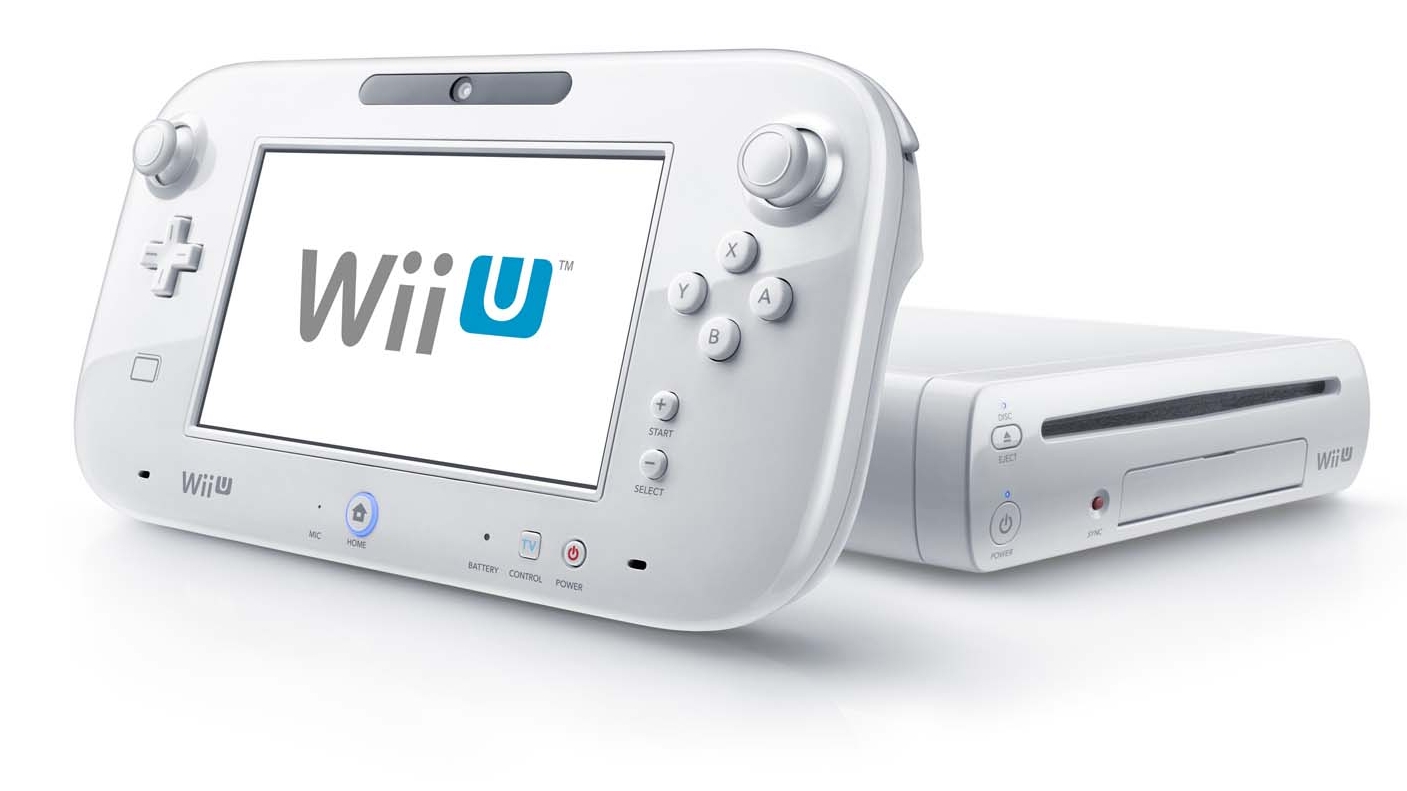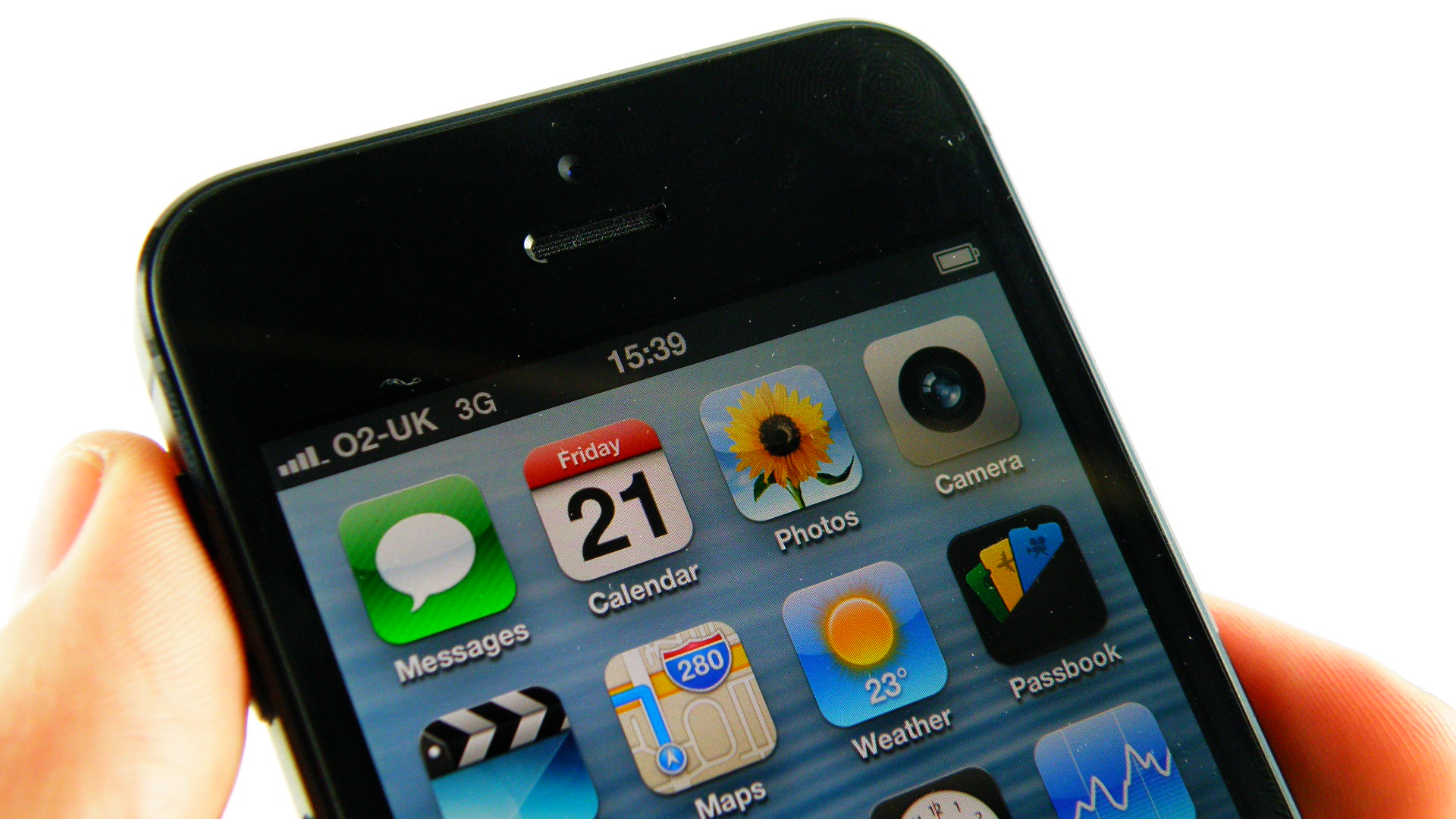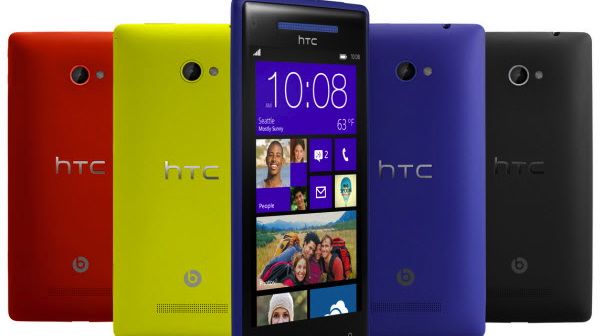Year in tech: highs and lows of 2012
The year in phones, tablets, computing, TV and gaming

Sign up for breaking news, reviews, opinion, top tech deals, and more.
You are now subscribed
Your newsletter sign-up was successful
With 2012 drawing to a close, there are plenty of retrospective views around. So who are we to differ?
It's been a brilliant year in the technology space, so let's focus on what really got us excited: the stuff that changed the technology landscape, for better or for worse.
These are our key tech highlights from the last year.
It's been another bumper year for phones. Things are as tight as ever at the top, with key launches, patent wars and new tech taking centre stage in a way we rarely get to see. Be it Apple and Samsung's interminable courtroom battles, RIM's persistent system failures or mobile networks crashing, there's been a lot of negativity flying around.
Galaxy S3 takes on iPhone 5 and wins
The two key handset releases saw Samsung's Galaxy S3 rival the iPhone 5 in terms of hype and sales. It shows that perhaps the Apple hype-machine is starting to slow down.
Both launches came with a huge fanfare and impressive specs, but interestingly Apple's newest mobile hasn't gained the approving reception the Cupertino brand is used to.
It's impossible to expect something amazing to appear every year, but Apple also suffered badly from the fiasco surrounding its inaccurate Maps app and the subsequent embarrassing apology. This was definitely the biggest apology of the year – Apple event went as far as to suggest rival apps for users to download.
Sign up for breaking news, reviews, opinion, top tech deals, and more.
Now that Google has released its Maps for the iPhone, reports are suggesting that huge numbers of people are upgrading to iOS 6.
That mess aside, it's been an excellent year for phone software. Windows Phone 8 appeared to join Android Jelly Bean (in two variants) and iOS 6.

Windows Phone moves up a gear
As we'll discuss in the computing space shortly, it's been a huge year for Microsoft. Windows Phone 8 is absolutely key to Microsoft's future stategy with phones and it brought a tranche of new features: resizable Live Tiles, NFC support, HD screens and multi-core processors, all designed to helps its devices sit proudly alongside the best on the market. And it's a decent OS – some may not like the stark design or limited apps store, but it's certainly a worthy addition to the landscape.
The UK finally got itself 4G mobile speeds, courtesy of EE. This means up to five times faster downloads on phones and tablets, although the cost is ridiculous - up to £56 a month for 8GB of data, £36 for 500MB.
The rollout is only in major cities at the moment, and while it's certainly faster, it's only useful where it's available. The spectrum auction for the other networks is taking place over the next couple of the months - expect rollout later in 2013.

The year of seven inches
Moving onto tablets, this was the year that gave us three iPads, a Surface and two Nexuses plus new Amazon Kindles. We've long been of the opinion that a seven inch tablet is a great size of device as well, so hats off to Google and Amazon for forcing the price down.
Saying 2012 was the year of the tablet is a bit like saying 2012 was an Olympic year – the buying public sucked up iPads, Kindle Fires and Google Nexus 7 tablets like there was no tomorrow.
The Google Nexus 7 (made by Asus) has had a huge impact, as has the Amazon Kindle Fire HD. So Apple was forced into producing an iPad mini in October which failed to match the Google and Amazon efforts on price.
All three devices offer consumers a great choice: be it stunning design from the iPad mini, simple content access from Amazon's offering or raw, cheap power from the Nexus 7.
Apple forced home its advantage in the 10.1-inch space, replacing Spring's iPad 3 with the iPad 4 late in the year. Other players including Samsung and Asus also played to strengths here and Samsung partnered with Google for the Nexus 10.